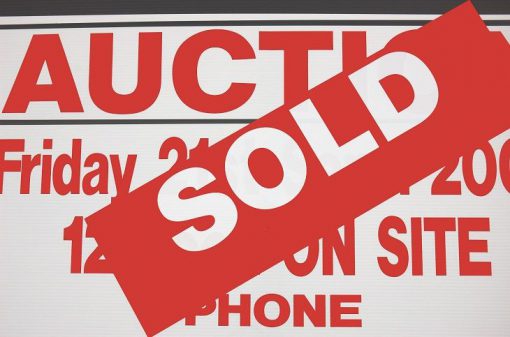Tips and advice


What Is a Property Appraisal? A Complete Guide
Wondering what your home is worth? Learn how property appraisals work, what's involved, how they differ from valuations, and how to get one for free.

Home Staging Cost Australia: Is It Worth It? (2026)
Wondering how much home staging costs in Australia? Learn what's involved, DIY vs professional staging, tips by property type, and how to find the right stager.

Fixed Fee Real Estate Agents: Are They Worth It?
Considering a fixed fee real estate agent? Understand how they work, what's included, the pros and cons, and how they compare to commission agents.

Selling Property by Auction: Pros, Cons & How It Works
Thinking about selling your property by auction? Discover the pros, cons, auction process, fees, and how to find the best real estate agent for your sale.

Bathroom Renovation Costs Australia 2026 | Price Guide
How much does a bathroom renovation cost in Australia? From $5,000 budget refreshes to $35,000+ luxury remodels. Get an appraisal first to maximise ROI.

House Painting Costs 2026: Will It Increase Property Value?
Discover 2026 house painting costs in Australia. Learn how a fresh coat can increase property value and whether it's worth the investment before selling.

How to Sell Your Property Fast in Australia (2026)
Want to sell your property fast and for the best price? Here are 8 expert tips—from choosing the right agent to nailing your marketing strategy.

Section 32 Victoria: What Sellers Need to Know (2026)
Selling property in Victoria? Understand what a Section 32 statement is, what must be included, and how to protect yourself legally before you sell.

10 Ways to Increase Property Value Before Selling Your Home
Planning to sell your home? Discover 10 simple, cost-effective ways to increase your property value, attract more buyers, and achieve a higher sale price.

How Much Does it Cost to Sell a House in Australia?
Wondering how much it costs to sell a house in Australia? The short answer: it’s not cheap. We’re talking tens…

Who Pays Stamp Duty When Selling Property?
Do sellers pay stamp duty? No—buyers do. Learn what costs sellers actually pay, stamp duty rates by state, exemptions, and how to avoid costly selling mistakes.

How to Compare Real Estate Agents and Find the Right One for You
Learn how to compare real estate agents and find the best one for your property. Discover what to look for in sales history, fees, reviews, and local expertise.

